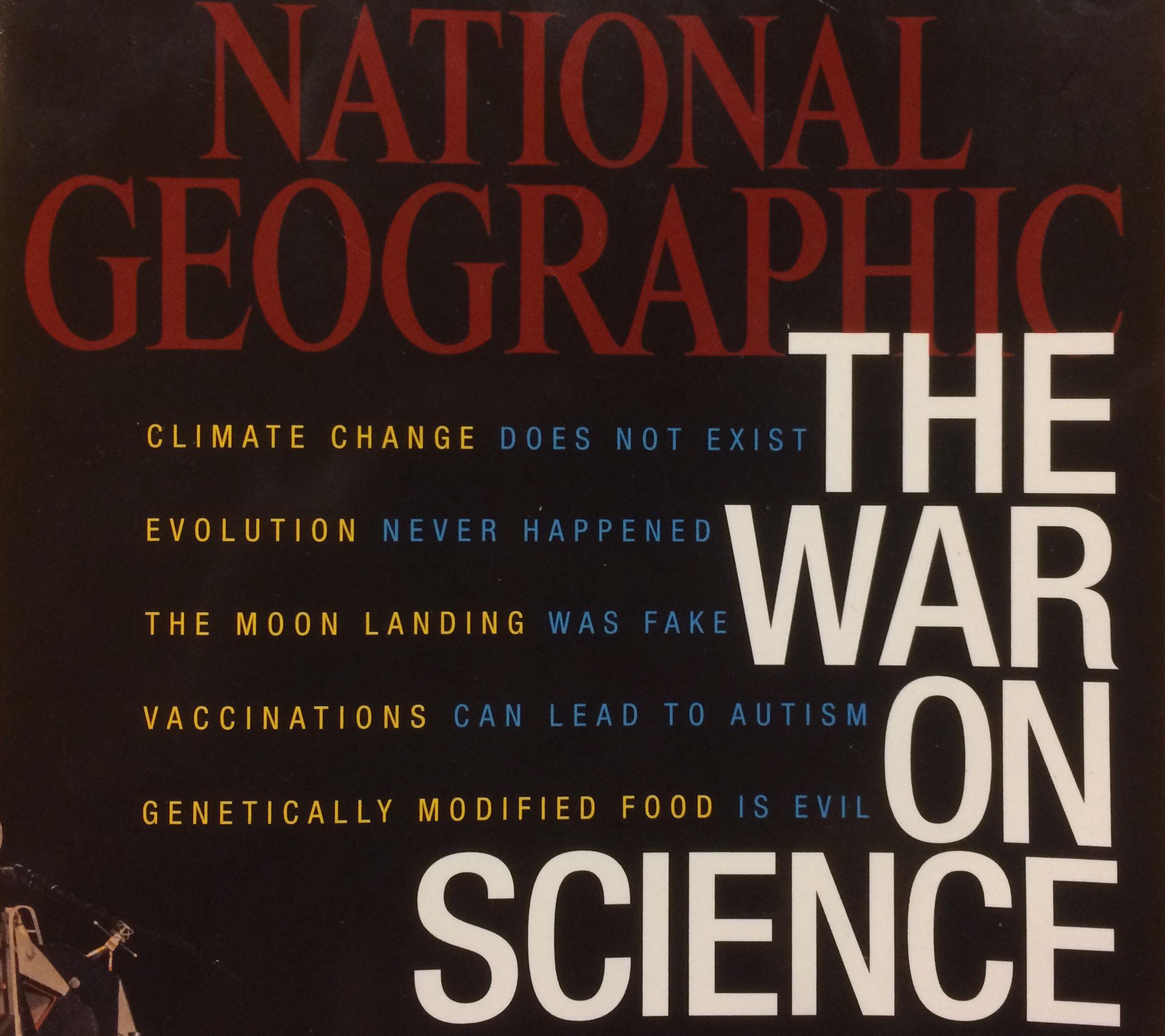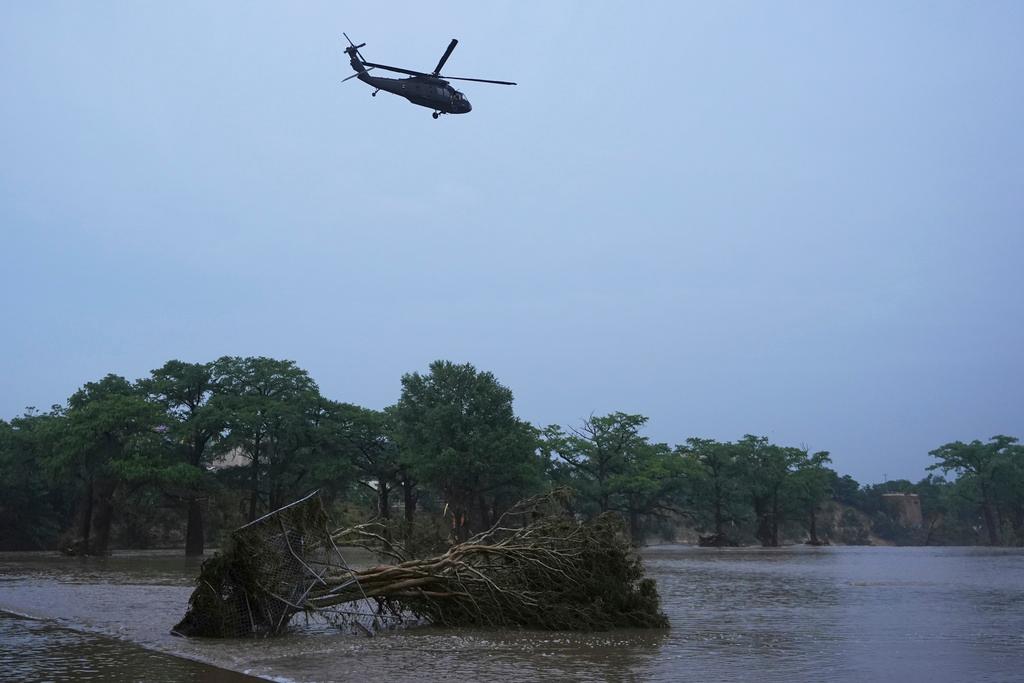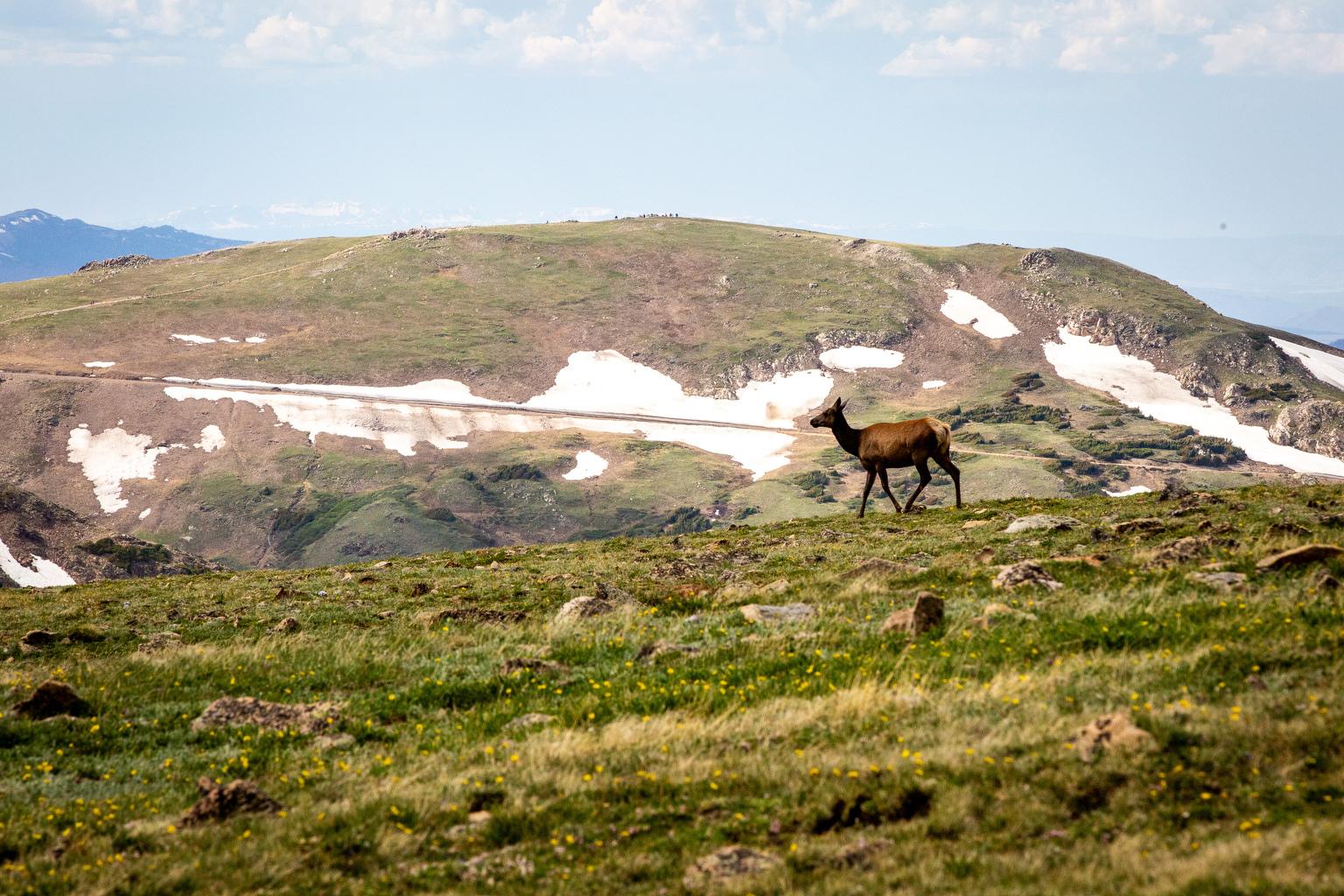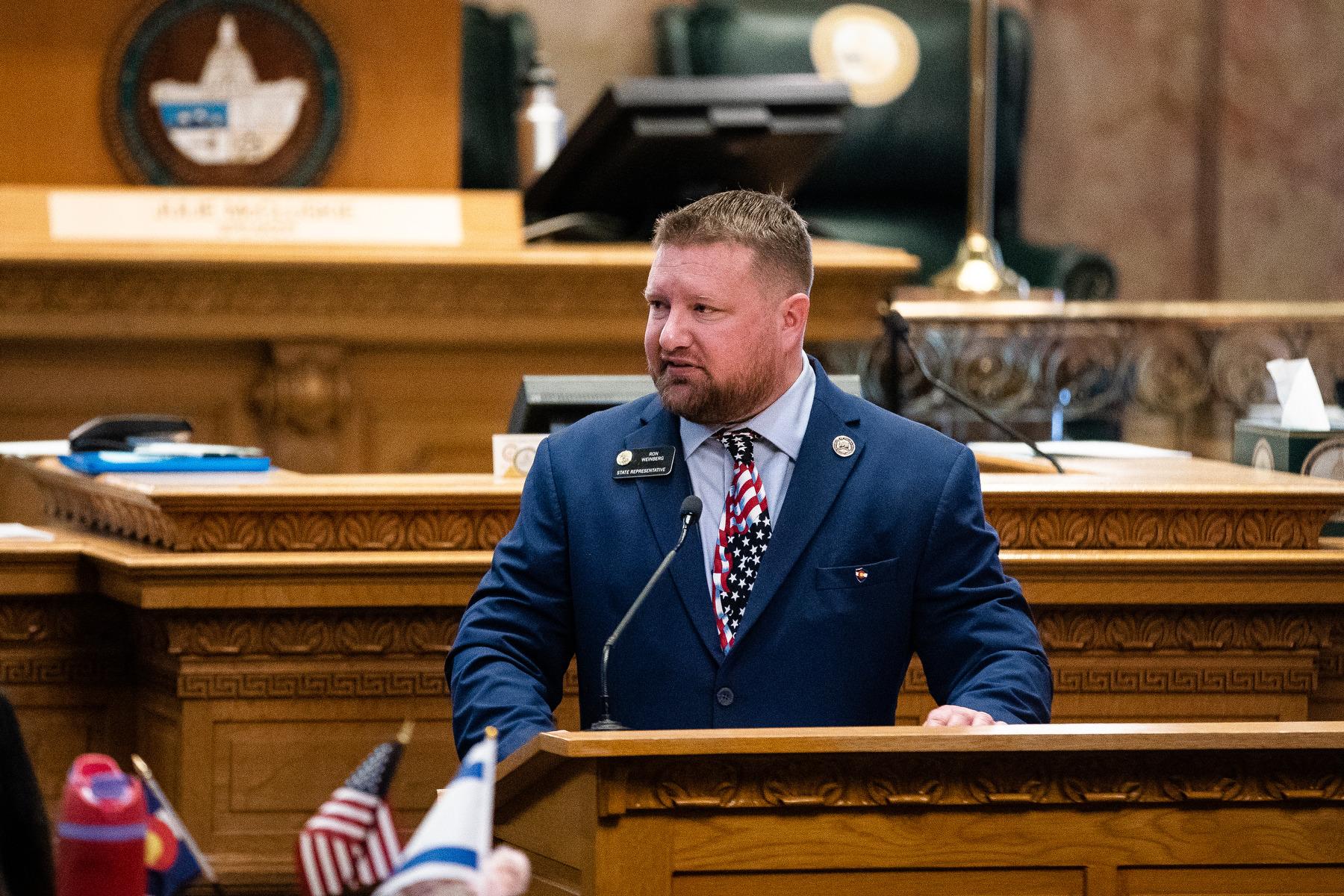

The War On Science" takes a look at why some people deny scientific facts about climate change, vaccine safety, genetically modified food and other matters.
There aren’t really two sides to all these issues. Climate change is happening. Vaccines really do save lives. Being right does matter—and the science tribe has a long track record of getting things right in the end. Modern society is built on things it got right.
That got us thinking about Elaine Grant's February interview with Reid Hastie, the co-author with Cass Sunstein of "Wiser: Getting beyond groupthink to make groups smarter." Part of their research involved giving groups in Boulder and Colorado Springs controversial topics to discuss.
The book is about the problems that arise when people create their own “personal echo chambers” during group deliberations. The result is group polarization -- a sort of “law of social physics” where a trend or tendency becomes more extreme as people with shared opinions talk to each other.
Or, as National Geographic puts it:
Gone are the days when a small number of powerful institutions—elite universities, encyclopedias, major news organizations, even National Geographic—served as gatekeepers of scientific information. The Internet has democratized information, which is a good thing. But along with cable TV, it has made it possible to live in a “filter bubble” that lets in only the information with which you already agree.









